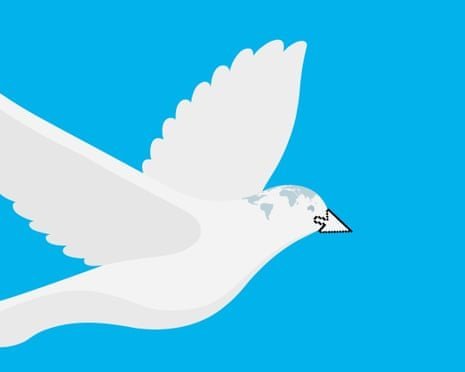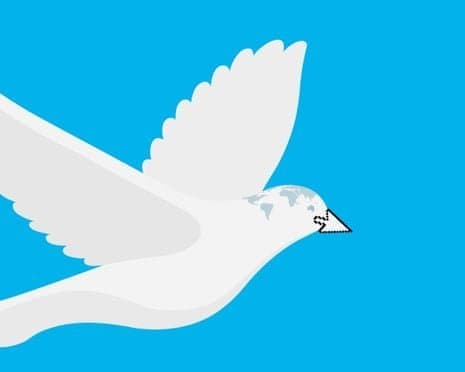Three decades after gifting the world the World Wide Web, its creator reflects on the stark divergence from his open vision. Berners-Lee warns of data exploitation and calls for a user-centric revolution with Solid and responsible AI governance. The battle for the web's soul is at a critical juncture.

In a poignant reflection on the 35th anniversary of his world-changing invention, Tim Berners-Lee, the creator of the World Wide Web, has penned a stark assessment of its current state. Writing in The Guardian, Berners-Lee laments the deviation from his original vision of a free, open platform built on sharing, now overshadowed by platforms that harvest user data and propagate harmful content.
The Birth of a Free Web
Berners-Lee recounts the early days at CERN, where he sketched the concept of the web by combining hypertext with the internet. His relentless advocacy led CERN to release the web's intellectual property into the public domain in 1993. "We gave the web away to everyone," he writes, believing that universal access without cost was essential for global creativity and collaboration.
The Fractured Reality
Today, Berners-Lee observes a web where users have become the product. "A handful of large platforms harvest users’ private data," he states, enabling targeted advertising and the spread of harmful content. He highlights the damage to mental health, social cohesion, and democracy, fueled by algorithms designed for addiction.
"On many platforms, we are no longer the customers, but instead have become the product." - Tim Berners-Lee
Reclaiming Control: The Solid Project
The solution, Berners-Lee argues, lies in returning data control to users. For over a decade, he and his team at MIT have developed Solid, an open-source, interoperable standard. Solid allows users to store personal data in "pods" they control, granting permission to apps on a case-by-case basis. This breaks the silos that trap data within corporate walls.
{{IMAGE:3}}
Illustration: Elia Barbieri/The Guardian
"Why is your smartwatch writing your biological data to one silo... your credit card to another... and your social media posts elsewhere?" Berners-Lee challenges. "You generate all this data... You should own it."
The AI Crossroads and a Call for Global Governance
Berners-Lee draws parallels between the web's trajectory and the emerging AI revolution. He warns against repeating the mistakes of social media, where governance lagged behind corporate control. "The time to decide the governance model for AI was yesterday," he asserts, proposing a framework where AIs act as accountable agents bound by law, similar to doctors or lawyers.
Crucially, he calls for a "Cern-like not-for-profit body" to lead international AI research, ensuring it serves humanity rather than shareholders. "It is hard to imagine a big tech company agreeing to share the world wide web for no commercial reward like Cern allowed me to," he notes.
The Fight for the Web’s Future
Berners-Lee’s message is urgent but hopeful. Regulatory frameworks and global cooperation are feasible, he insists, but require political will. "We can re-empower individuals, and take the web back. It’s not too late."
His battle cry resonates beyond nostalgia – it’s a blueprint for a digital future aligned with the web’s original promise: empowerment, collaboration, and universal access.
Source: Why I gave the world wide web away for free by Tim Berners-Lee (The Guardian)

Comments
Please log in or register to join the discussion